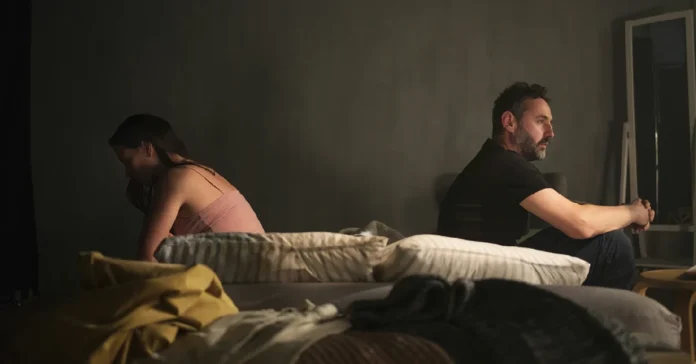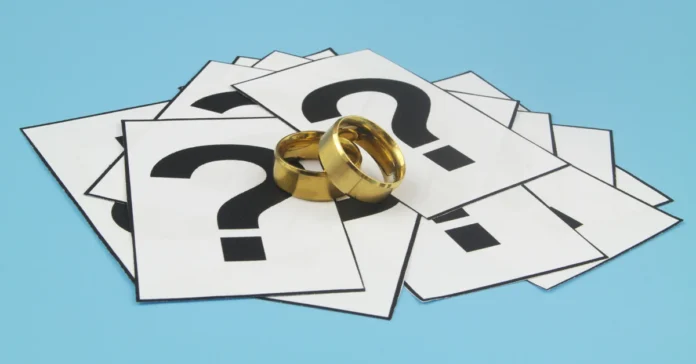Suspecting a partner of infidelity can be one of the most distressing experiences in a relationship. The emotional turmoil that accompanies such suspicions can lead to a whirlwind of thoughts and feelings, often clouding our judgment. While it’s natural to want to uncover the truth, it’s crucial to approach the situation with care and respect.
Here’s how to navigate these murky waters without crossing ethical boundaries.
Understanding Your Emotions
Before taking any action, it’s essential to acknowledge your feelings. Suspicion can stem from various sources—changes in behaviour, emotional distance, or even gut instincts. However, it’s vital to differentiate between intuition and paranoia.
Ask yourself:
- What specific behaviours have raised my suspicions?
- Are these changes consistent with other stressors in our lives?
- Am I projecting my insecurities onto my partner?
Taking the time to reflect on these questions can help clarify whether your concerns are based on solid evidence or merely anxiety.
Gathering Evidence Ethically
If you still feel compelled to investigate, it’s important to do so ethically. This means avoiding invasive tactics that could breach trust or privacy.
Here are some constructive ways to gather information:
Open Communication
The first step should always be to communicate openly with your partner. While this can be daunting, expressing your feelings and concerns can lead to a more honest dialogue. Use “I” statements to avoid sounding accusatory. For example, instead of saying, “You’ve been distant,” try, “I feel worried when I notice you seem less engaged lately.” This approach fosters a more supportive environment for discussion.
Observational Insights
Sometimes, simply observing your partner’s behaviour can provide insights without crossing any lines.
Pay attention to:
- Changes in routine: Are they spending more time away from home?
- Emotional availability: Do they seem less interested in sharing their day with you?
- Social interactions: Are they secretive about their phone or social media use?
While these observations can be telling, remember that they are not definitive proof of infidelity.
Seeking Professional Help
If your suspicions persist and you feel overwhelmed, consider seeking professional help. Relationship counselling can provide a safe space for both partners to express their feelings and work through issues. A trained therapist can facilitate discussions that might be too difficult to navigate alone.
In some cases, individuals may feel the need for more concrete evidence. This is where professional services, such as those offered by National Private Investigators, can come into play. They provide discreet and ethical investigative services that can help you uncover the truth without compromising your integrity. Their expertise can guide you through the process, ensuring that you remain within legal and ethical boundaries.
The Dangers of Jumping to Conclusions
It’s easy to let suspicion spiral into accusations, but this can have devastating consequences. Jumping to conclusions without solid evidence can lead to unnecessary conflict and emotional pain.
Consider the following:
- Trust Erosion: Accusing your partner without proof can damage the trust that forms the foundation of your relationship.
- Emotional Fallout: Even if your suspicions are unfounded, the emotional fallout from accusations can lead to resentment and distance.
- Missed Opportunities for Growth: If the relationship is struggling, addressing underlying issues rather than focusing solely on infidelity can lead to a healthier partnership.
Setting Boundaries
If you decide to investigate further, it’s crucial to set clear boundaries for yourself. This means deciding what actions you are comfortable taking and what you consider crossing the line. For instance, while it may be tempting to check your partner’s phone or social media accounts, doing so without their consent can breach trust and privacy.
Instead, focus on actions that respect both your partner’s autonomy and your emotional well-being.
This might include:
- Journaling your feelings and observations to clarify your thoughts.
- Discussing your concerns with a trusted friend or therapist for an outside perspective.
- Setting a timeline for how long you will allow yourself to feel suspicious before taking further action.
Preparing for the Conversation
If you gather enough evidence to warrant a serious conversation, prepare yourself for the discussion.
Here are some tips:
- Choose the Right Time: Find a moment when both of you are calm and can talk without distractions.
- Stay Calm: Approach the conversation with a level head. Emotional outbursts can derail the discussion.
- Be Open to Their Perspective: Your partner may have explanations for their behaviour that you hadn’t considered. Listen actively and be willing to engage in a two-way dialogue.
Conclusion
Regardless of the outcome, it’s essential to focus on healing and moving forward. If your suspicions were unfounded, work on rebuilding trust and communication. If infidelity is confirmed, consider what steps you both want to take next. This could involve seeking couples therapy, taking a break, or even parting ways.
Handling a suspicion of infidelity requires a delicate balance of intuition, communication, and ethical consideration. By approaching the situation thoughtfully and respectfully, you can navigate this challenging time with integrity, whether you choose to investigate further or engage in open dialogue with your partner. Remember, the goal is not just to uncover the truth but to foster a healthier relationship, whatever that may look like for you both.



